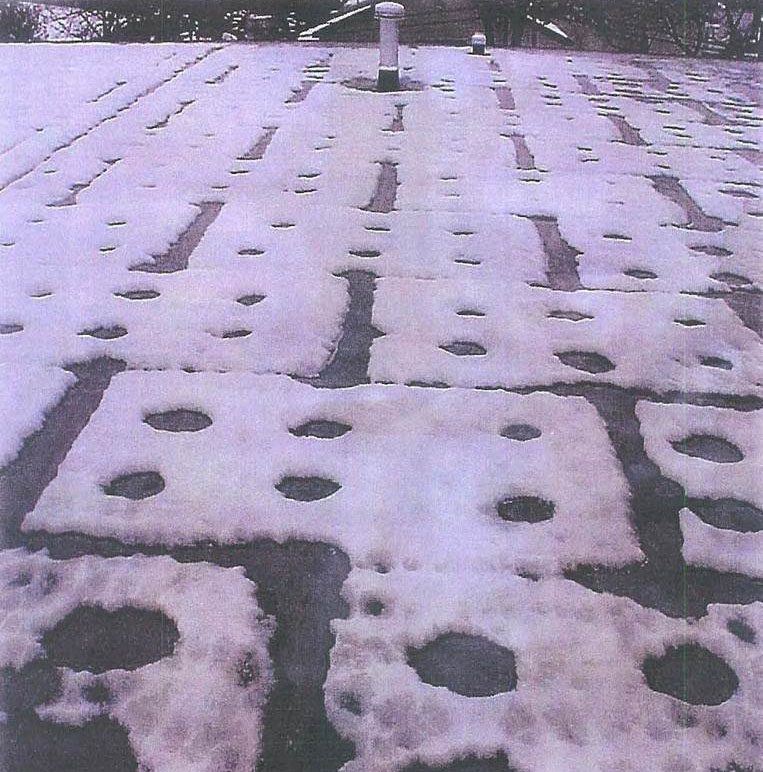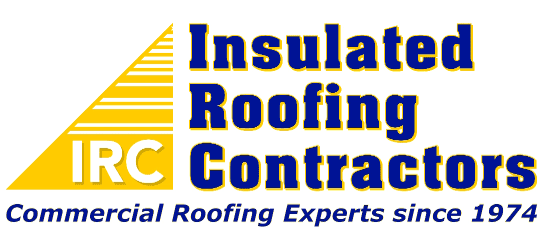WE ARE THE LARGEST SPF CONTRACTOR IN THE US
You don’t earn that title without a lot of hard work and an intimate knowledge of the product. We have been providing quality products, coupled with excellent customer service, for over 40 years. This experience and commitment to excellence has made us the authority on all things spray foam roofing.
If you want a foam roof on your building, or are considering having one installed and want to learn more, keep reading and we’ll teach you everything we know.
Spray Foam Roofing Basics
Spray foam was originally developed and used in upholstery work, as much softer, less rigid foam. As it was used more and more in the upholstery industry, workers began to test its capabilities and before long it was being sprayed on rooftops and in other construction applications.
The Spray Polyurethane Foam Alliance explains the product as this: “Spray polyurethane foam, commonly referred to as SPF is a spray-applied insulating foam plastic that is installed as a liquid and then expands many times its original size. Spray polyurethane foam can be adjusted and have many different physical properties depending on the use desired. For example, the same basic raw materials that can make insulation foam semi-rigid and soft to the touch also creates high density roofing foam that is resistant to foot traffic and water. Specialized equipment is used to apply the spray polyurethane foam and proper technical training is important in order to get the best results.”
Based on that explanation, it is clear that spray foam is a very complex and scientifically advanced product. No wonder it takes specialty training to apply it to roofs, sprayed polyurethane foam is complicated!
Spray Foam Roofing Benefits

While spray foam can be utilized in many different situations and applications, we are spray foam roofing contractors, so we will only focus on the benefits of applying SPF to the outside of the roof. When applied properly, sprayed polyurethane foam:
- Is seamless and fully self-adhering
- Requires no fasteners, thus eliminating potential leaks and thermal bridging
- Conforms to irregular shapes when applied, expands to fill cracks
- Monolithic, seamless roof system is completely waterproof
- Withstands the most extreme weather conditions
- Extreme resistance to wind uplift and hail damage
- Forms a barrier that blocks heat, moisture, and air
- Highest R-values available on the market
- Significantly reduced energy expenses
As you can see, there are many benefits to using spray foam roofing. If you are on the fence about whether or not an SPF roof is right for you, read through those benefits one more time.
Spray Foam Roofing Applications
As mentioned before, spray foam has countless applications both inside and outside of the commercial roofing market. Within the commercial roofing market, there are still several variations to the foam that can impact its performance.
The main variation in spray foam roofing materials is whether the foam is low-density, medium-density or high-density. The density of the foam impacts the R-values, or insulation capabilities, and the air-sealing capabilities of the foam.
In roofing applications, spray foam is designed to be applied to an existing roof surface, rather than a stand-alone system. It can be applied over top of nearly any roofing surface, and once it is adhered it is essentially a part of the original roofing system. When applied, the foam needs to be coated, typically with silicone, to protect it from UV rays. The sun will eat away at the foam and significantly reduce its service life if there is no protective coating.
Conclusion
Spray foam roofing is one of the most versatile and beneficial roofing systems on the market. The savings in energy alone are often enough to completely recoup the cost of installation in as little as five years. If you’d like to learn more about the benefits and applications of spray foam roofing, be sure to contact us and we’ll get you in contact with one of our roofing experts.
